Eulenspygel | Interview | Matthias Thurow
The band originally formed under the name of Royal Servants and after releasing a single 7-inch, a debut album ‘We’ followed, and soon after two more organ-driven progressive rock releases under the name of Eulenspygel.
Eulenspygel was founded in 1971 in the Stuttgart / Esslingen / Plochingen area. Some of the musicians had previously belonged to the band Royal Servants. Initially the line-up consisted of Detlev Nottrodt (electric guitar, vocals), Matthias James Thurow (electric guitar, violin, mellotron, sitar), Ronald Libal (electric bass), Mulo Maulbetsch (vocals), Günter Klinger (drums), Cornelius Hauptmann (transverse flute, saxophone) and Karl-Heinz Großhans (keyboard). Nottrodt and Thurow were the band’s composers. The band received a contract with the record label Intercord, which founded the experimental sub-label Spiegelei.
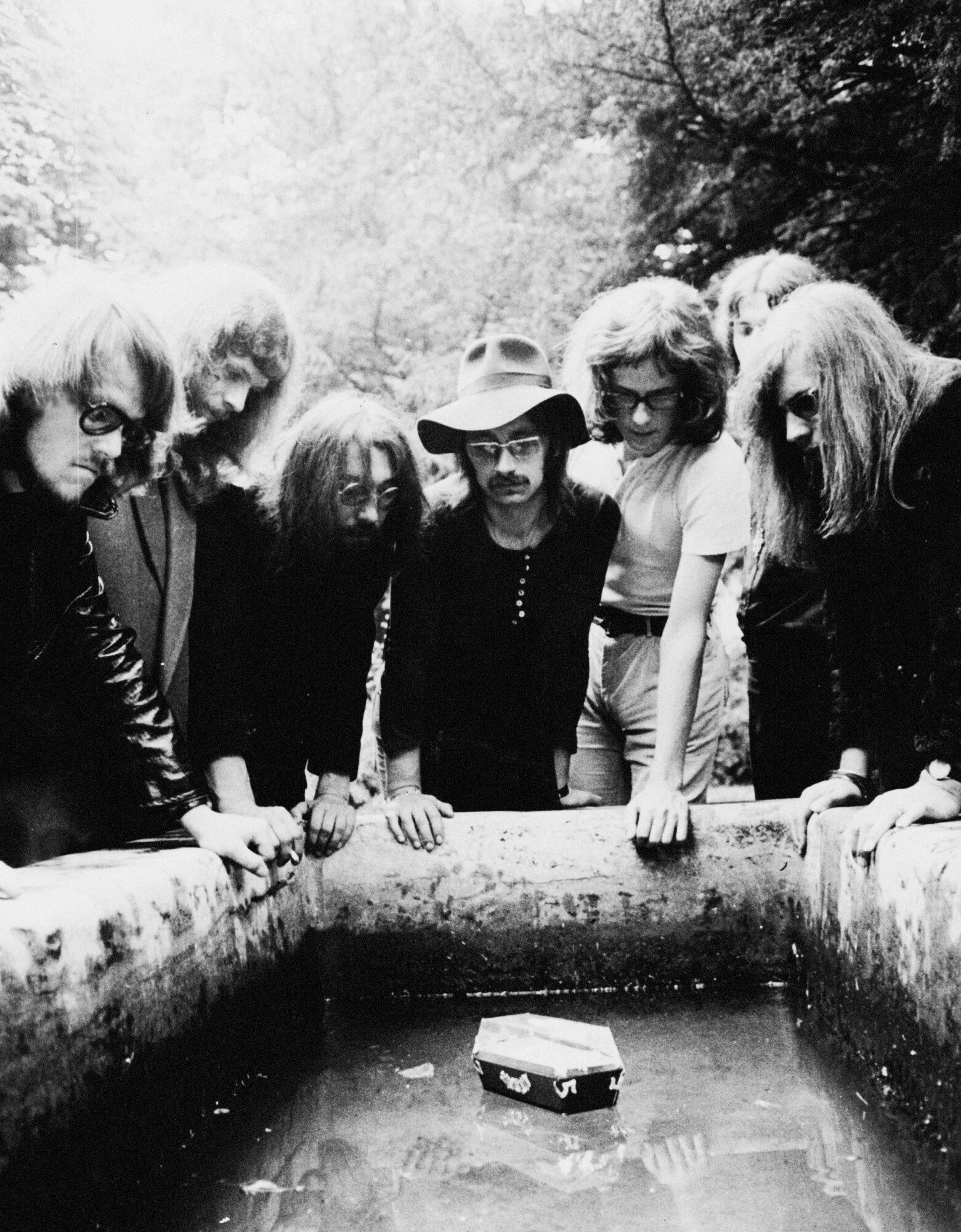
“Our cover even made its way later to the Museum of Modern Art in New York”
Where and when did you grow up? Was music a big part of your family life?
Matthias Thurow: I grew up in the countryside near Stuttgart in the 1950s. My parents fled from Berlin to southern Germany towards the end of World War II. As a result, I grew up in very modest circumstances. My mother played the piano, so I was exposed to music at an early age and started playing the violin at the age of six. We would make music together at home; my brother played the flute, I played the violin, and my mother played the piano. It was chamber music, and amidst all the difficult things happening around us, it was a beautiful time when I also began to engage with classical music.
What was your upbringing like in post WWII Germany?
My upbringing, as was customary during that time in the 1950s, was strict and simple… clear and straightforward. We were refugee children and, as such, not well-received. We had nothing because my parents had to leave everything behind in Berlin while fleeing from the Russians.
When did you begin playing music? What was your first instrument? Who were your major influences?
I started playing the violin at the age of six. Before that, as was customary, I played the recorder… and at eight years old, I had the opportunity to attend a course with Orff instruments, which I greatly enjoyed. Drums, marimba, anything I could strike and beat… it was delightful and probably shaped my love for percussion. As a young violinist, I soon admired Yehudi Menuhin. We had Beethoven’s ‘Violin Concerto’ at home on vinyl, and I wanted to be able to play like that someday… At the age of eleven, I had my first concert, playing Vivaldi… I don’t remember which piece exactly. Later on, during that time, it was, of course, The Beatles and The Rolling Stones. Later I learned to play the guitar by myself.
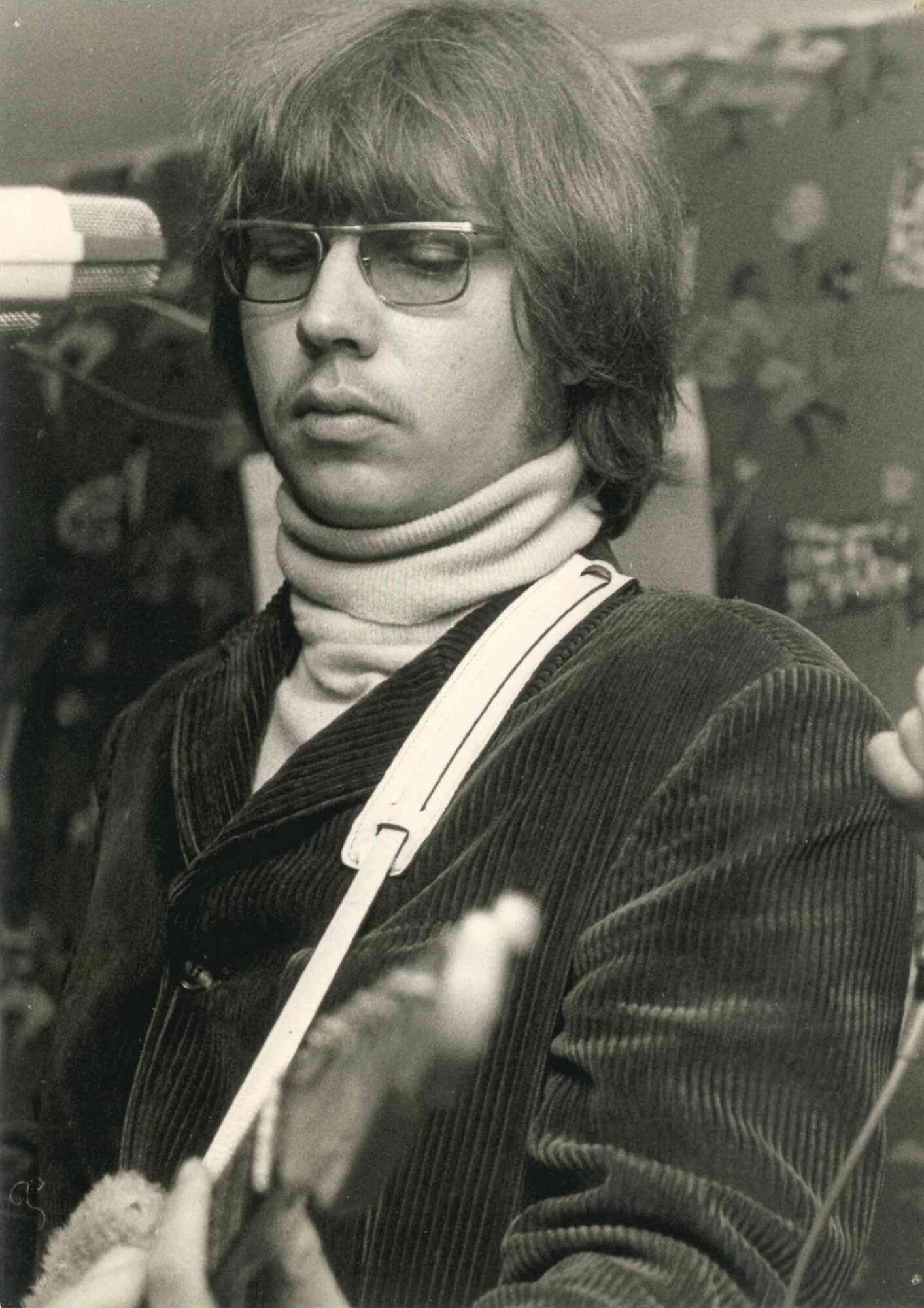
What bands were you a member of prior to the formation of Royal Servants / Eulenspygel? Are there any recordings unreleased of that?
I formed my first band at the age of 13, and we called ourselves The Sounders. We were all school friends, and we started by playing church songs, but then we began covering songs by The Beatles and The Rolling Stones. Unfortunately, there are no recordings from that time, but I do have a photo to remember it by!
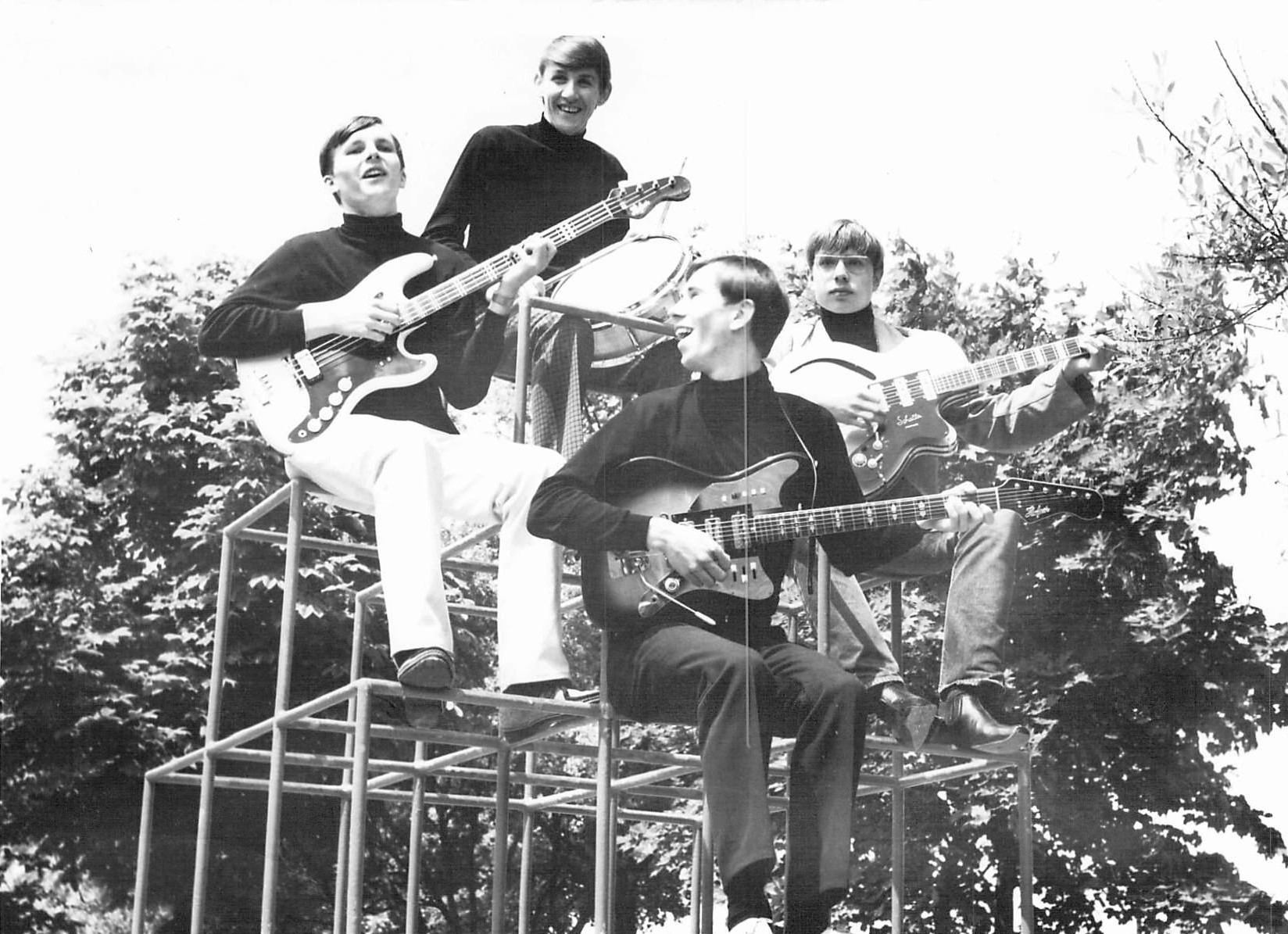
“To create songs in German with socially engaged content”
Can you elaborate on the formation of Royal Servants and what led to the name change to Eulenspygel? Who were original members and did the lineup change?
Yes, that is an interesting question. Over time, I sought out new members from other bands, mainly because I was looking for better musicians. This eventually led to the formation of Royal Servants. The name change to “Eulenspygel” was based on a discussion between my friend and guitarist Detlev Nottrodt and me. We were studying German literature and political science together in Tübingen at that time, and we had the idea to create songs in German with socially engaged content. We thought of the name Eulenspiegel inspired by the legendary German figure Till Eulenspiegel, someone who holds up a mirror to others… and we changed the name to Eulenspygel. The original lineup consisted of: Matthias Thurow (James Till Thurow), Detlev Nottrodt, Cornelius Hauptmann, Karheinz Großhans, Ronnie Libal, Mulo Maulbetsch, and Günter Klinger. In 1972, Wolfgang Dauner asked me if I wanted to play in his trio and in Wolfgang Dauner’s Et Cetera, and I agreed. I had the feeling that we weren’t progressing as a band, and everything around us was becoming more commercial. So, after a few more concerts, I decided to leave the band, and they eventually dissolved completely in that formation. Afterwards, there were disputes with musicians who wanted to take the name for themselves, but that was resolved, and Detlev Nottrodt later continued the band under the name Eulenspygel with a completely new lineup, with my consent.
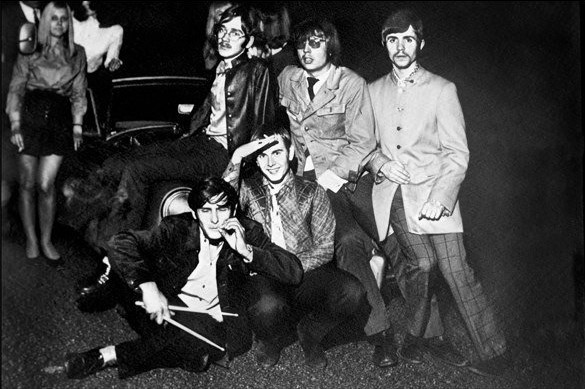
You were one of the very early bands that played “psychedelic” rock. What initially inspired you?
The influences were quite diverse, ranging from the later Beatles albums to King Crimson, but also Soft Machine, Ten Years After… During that time, I also started exploring Indian music and jazz.
When and where did you play some of the early gigs? How was the band accepted by the audience?
Back in the 1960s, we used to play in the small towns around Stuttgart in our region. We already had a large fan club at that time, which we took great care of. Since there was no internet back then, the members of the fan club were always invited to our concerts. There wasn’t much of a scene at that time, just a few bands playing in the clubs like us. We even organized our own events quite often, which involved renting halls, printing posters, sending out invitations, and so on… It was quite a lot of effort! But it was worth it, as our fan base kept growing.
What are some of the most important players that influenced your own style and what in particular did they employ in their playing that you liked?
It is difficult for me to answer this question accurately, as I only focused on one instrument later on, which is the bass. I played the bass towards the end of my time with Eulenspygel. Prior to that, I played various instruments such as guitar, sitar, keyboards, flute, and more. After my time with Eulenspygel, I started studying double bass and composition. As a multi-instrumentalist, on which instrument are you the most comfortable or if I rephrase the question, through which instrument do you hear music in your mind? There is no simple answer to that. Coming from a guitar background, it was naturally my main instrument. However, the bass also became a significant part, and to this day, I can still pick out basslines from songs. Besides that, through composing orchestral works, I have become someone who tries to keep the entire composition in mind.
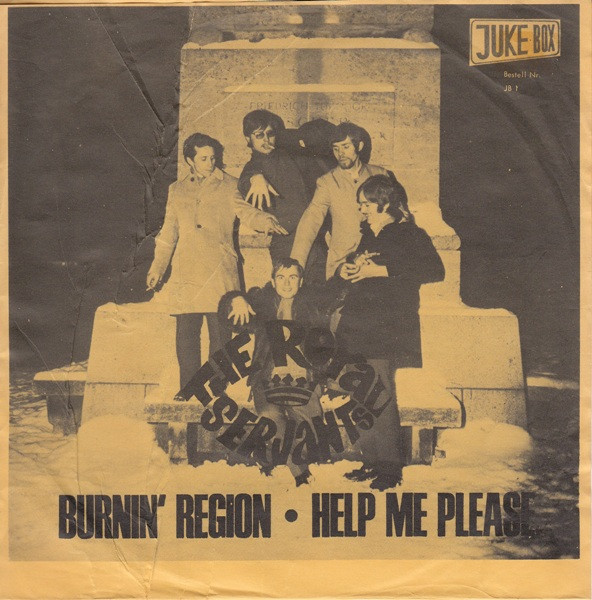
Royal Servants recorded ‘Burnin’ Region’ / ‘Help Me Please’ in 1969 for Juke Box label, followed by debut album ‘We’ on Elite Special. What do you recall from working on those early songs?
That was certainly a different time. We rehearsed all the pieces extensively beforehand, paying attention to the smallest details. In the studio, we had to work quickly as time was expensive, and often we had no more than a day to record all the tracks. The concentration was intense, and sometimes nerves were frayed…
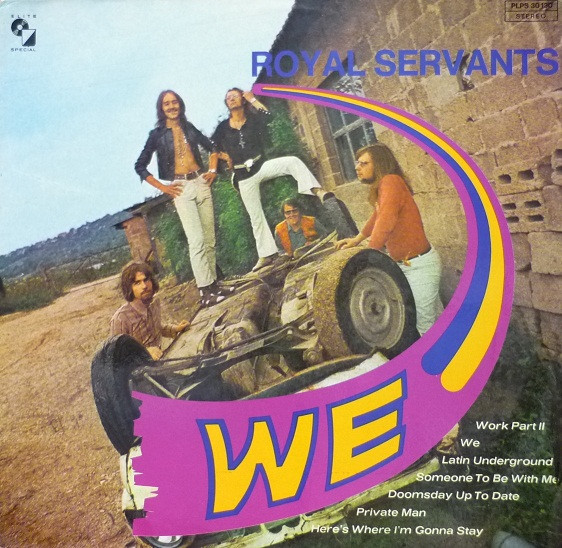
How did you get signed to Spiegelei?
In Stuttgart, there was a company called Intercord that already had a lot of German singer-songwriters under contract, such as Reinhard May. They took notice of us, and after lengthy negotiations, we reached an agreement for a contract for two LPs with an option to continue. The label “Spiegelei” was created for our release, and it was a wordplay derived from the name EulenSPYGEL… Spiegel… Spiegelei. This wordplay also adorned our first album cover, which caused quite a scandal at the time and probably would still do today, featuring a dead chicken in a frying pan. Album covers played an important role in generating attention during that time. This particular cover even made its way later to the Museum of Modern Art in New York.
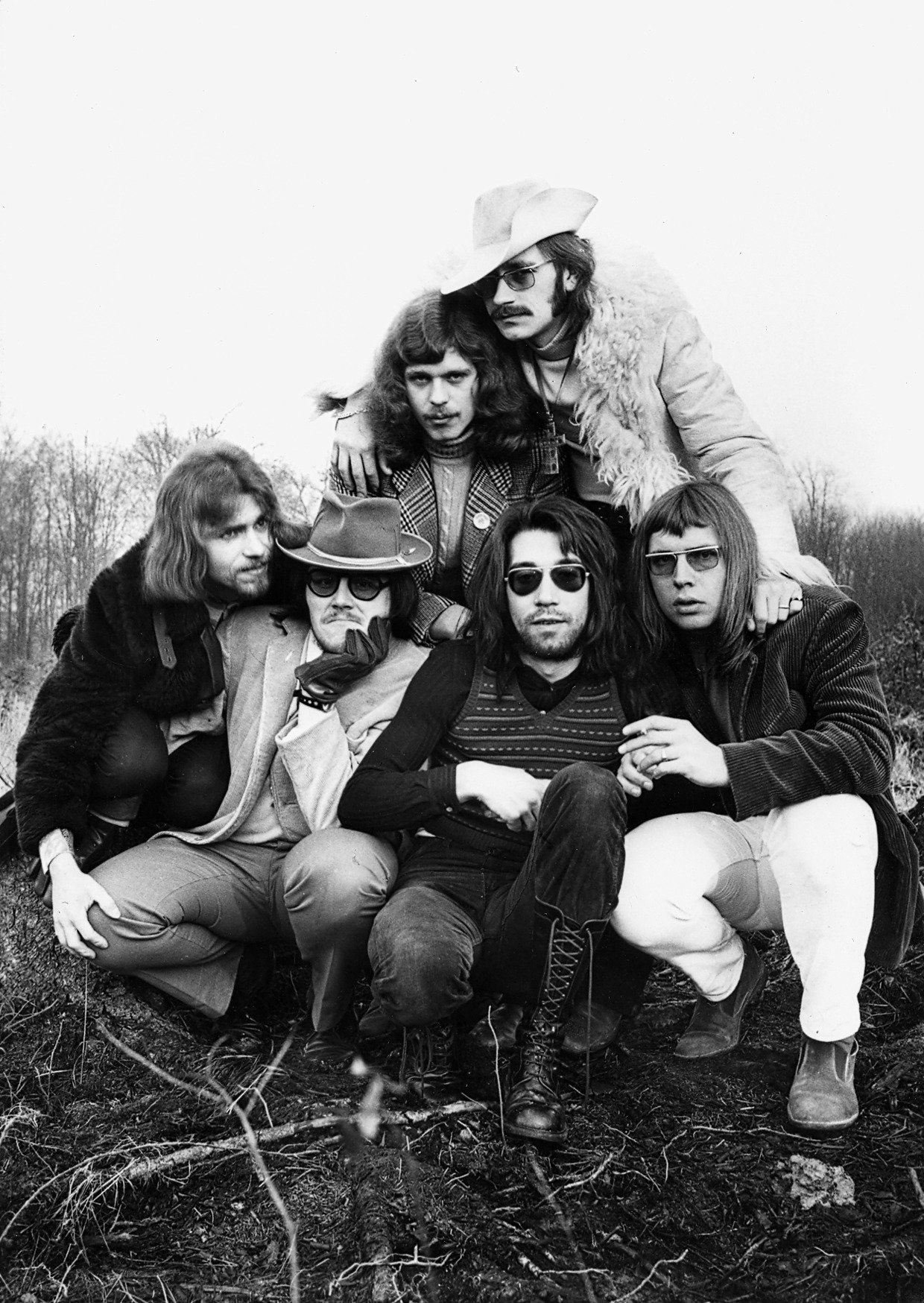
What’s the story behind your second album (first under the name of Eulenspygel)? Where did you record it? What kind of equipment did you use and who was the producer?
The first album was titled ‘Eulenspygel 2,’ another marketing gimmick by the record company to make it appear as if we had already released a previous album… Well, it was a bit misleading. We recorded the album at Studio Maschen in Hamburg, which was a significant step forward in terms of technology and sound. The studios we had encountered until then had a somewhat “wooden” sound, lacking impact and brilliance. But here, the sound was really good by German standards. However, we only had three days to record all the tracks, vocals, and mixing… looking back, it was very limited time. The producers were Wolfgang M. Schmid and Peter Springer, both of whom had little experience with pop and rock music.
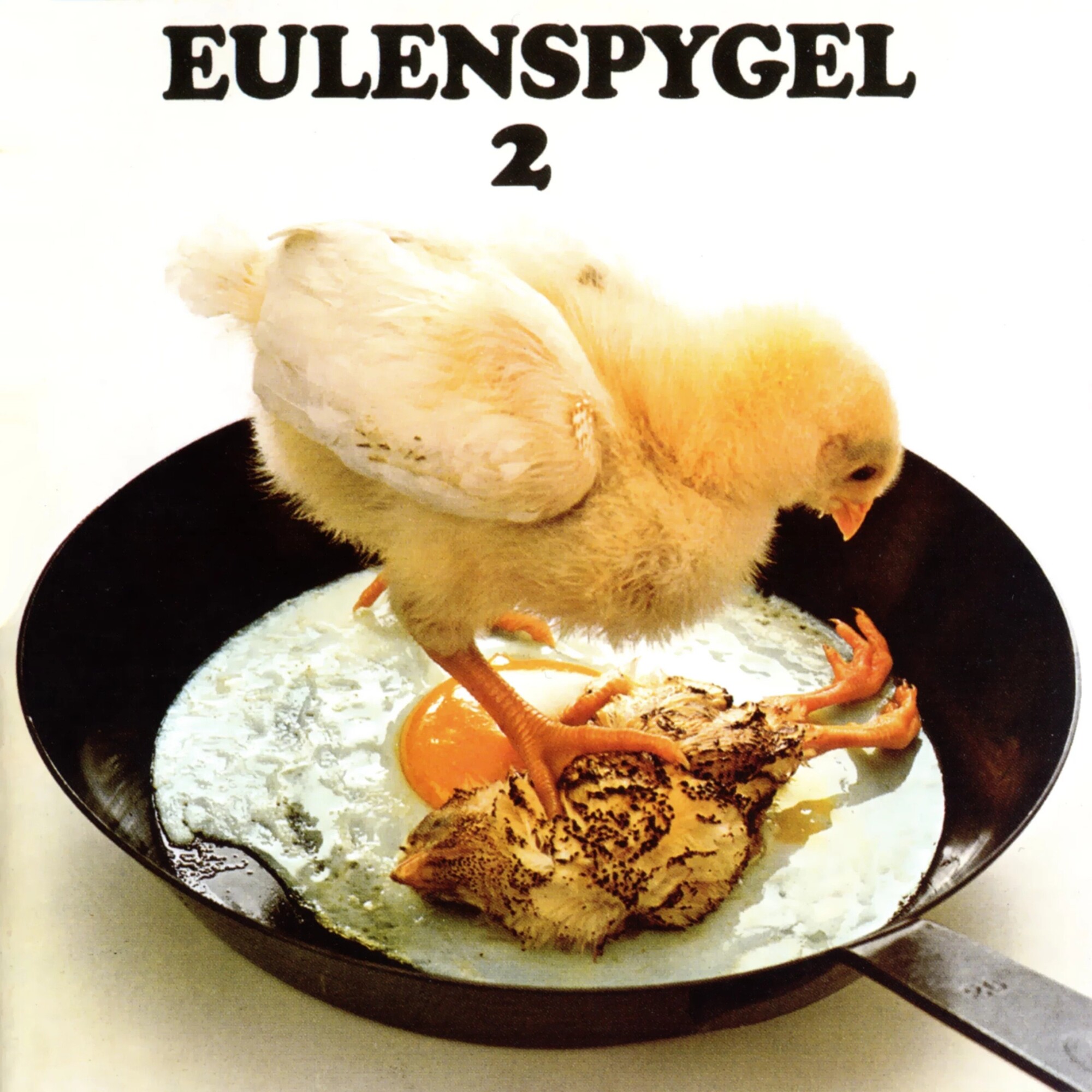
“It was an exciting and thrilling musical era”
Please share your recollections of the sessions. What were the influences and inspirations for the songs recorded?
I can only remember that it was sometimes very challenging to maintain high concentration. We had to go into the studio with perfect rehearsals, and the music was becoming more complex. This was influenced by the bands mentioned earlier, and I also recall the group Yes and Deep Purple at that time. Everything was influencing us. It was an exciting and thrilling musical era with jazz-rock, Weather Report, Joe Zawinul, and Jaco Pastorius, who was a hero of my time.
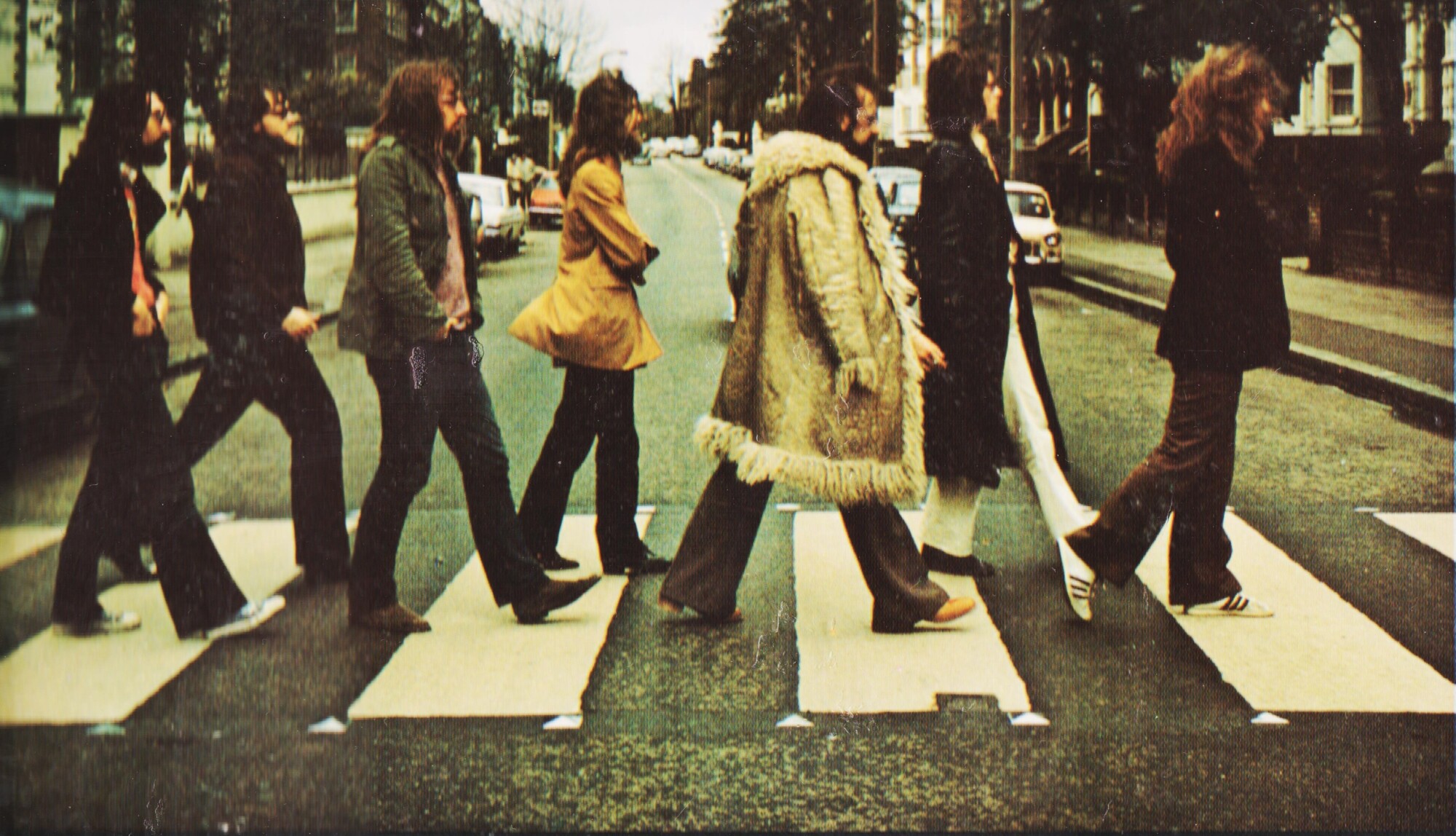
Was there a certain concept behind the album?
Behind the first album, it was less about commercialism for us. We wanted to convey our message and do so with unconventional means. It was about creating good music. We were influenced by the impressions of the Vietnam War. Everything was becoming increasingly commercial, and we wanted to distance ourselves from that to some extent. Of course, it was a contradiction when we were releasing records ourselves…
How pleased was the band with the sound of the album? What, if anything, would you like to have been different from the finished product?
It was okay, the only thing we would have liked more of , was more time to fine-tune the sound and work on some of the tracks in the studio.
What does the cover artwork symbolize?
As I mentioned earlier, artwork played a significant role back then, but our influence on it was limited, and we often had intense disagreements with the record company. However, they had the upper hand in those situations, and their focus was on creating something sensationalistic.
How would you compare it to ‘Ausschuss’? Please share your recollections of the sessions. What were the influences and inspirations for the songs recorded?
The preparations for the album ‘Ausschuss’ coincided with the preparations for a TV show we did together with the band Volks-Musik (formerly Hotzenplotz) about a boy who grew up in a children’s home and couldn’t read or write. This influenced the lyrics, and that’s how the name ‘Ausschuss’ / ‘Trash’ came about. “Menschlicher Ausschuss” (Human Trash). The album was recorded at the Apple Studios of The Beatles in London. For us, it was a sensational experience to suddenly be in contact with our role models, the heroes of that time, and to work in their studio, breathing the air of the big wide pop world.
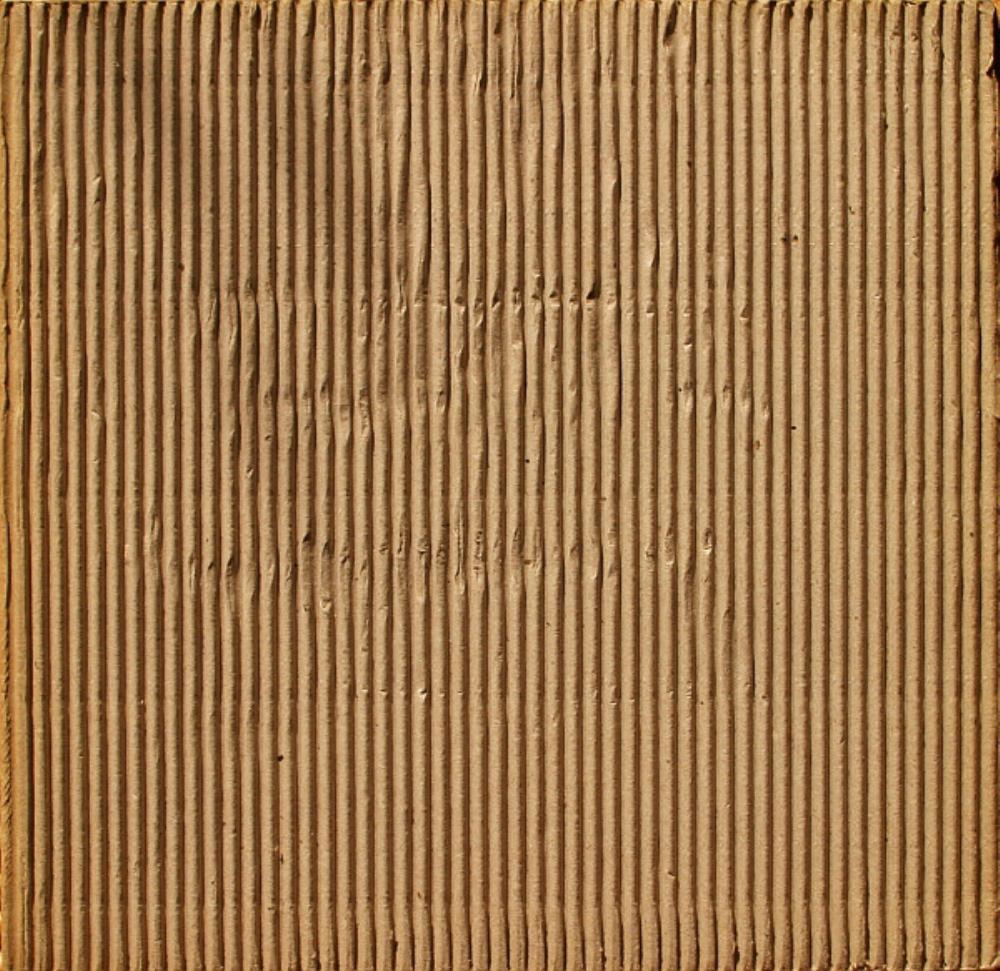
The sound was amazing, the equipment was amazing… Two linked 24-track machines, a completely different recording technique, the best there was at the time. The sound engineer was very young, just about 18 years old, but he had already recorded Jethro Tull. It was a thousand new impressions, stars coming and going… and they stopped by and listened. We recorded for a whole week, which was incredibly expensive at the time. With that money, you could have rented the Union Studio in Munich for four weeks.
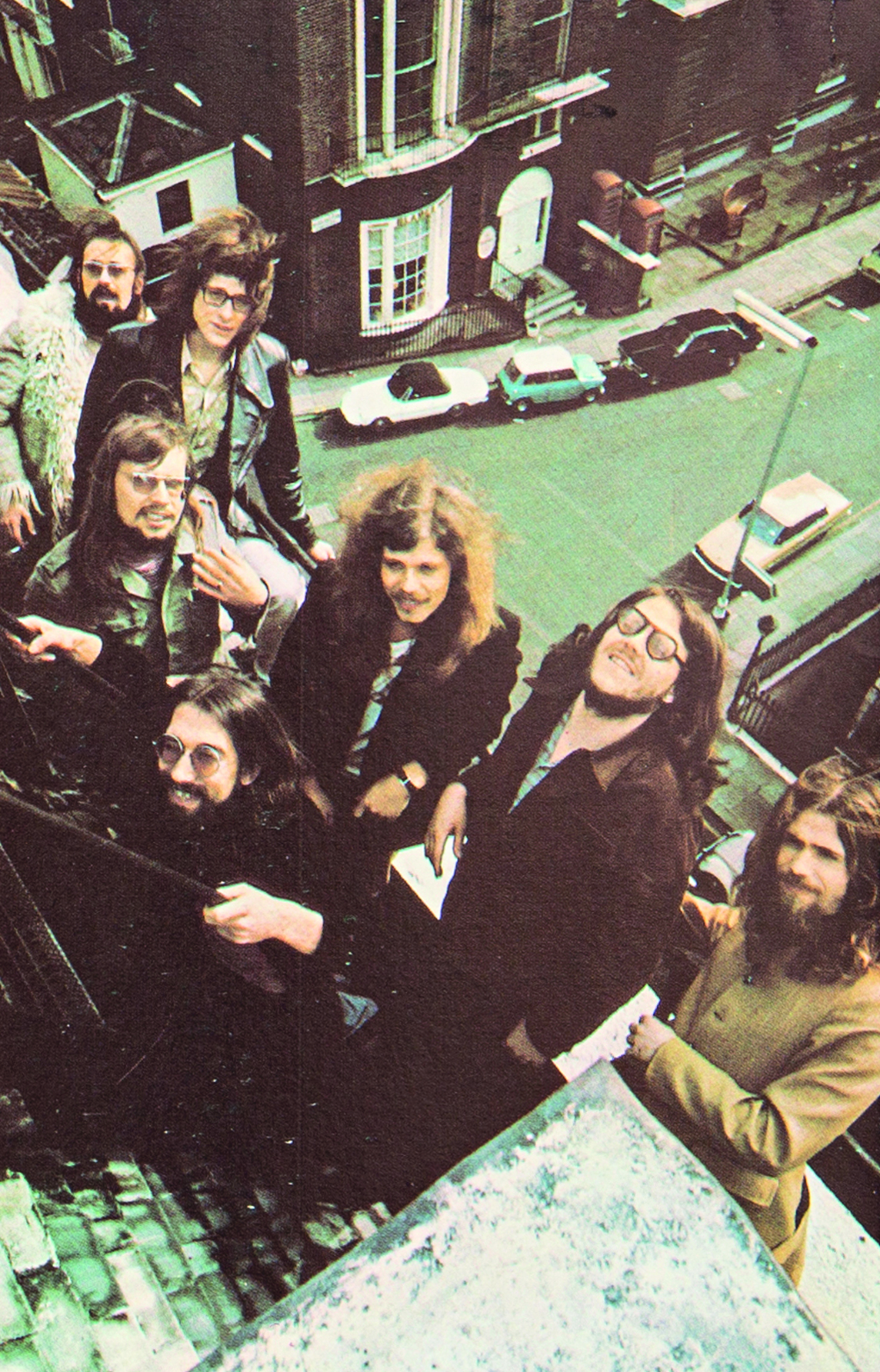
What about albums that were released way later, ‘Eulenspygel’ (1979) and ‘Laut&Deutlich’ (1983)?
I’m sorry, I can’t provide any information on that as I was no longer a member of the band at that time.
What would be the craziest gig you ever did?
One of the most memorable gigs was probably in 1972, performing live at the WDR Sendesaal. This was the precursor to Rockpalast and was broadcasted as a radio show at that time. In the middle of the concert, our vocal system suddenly collapsed – yes, such things happened back then. The sound, the backline consisted of 8 Marshall stacks and a Hammond organ with a Leslie cabinet. There were no vocals anymore, and we had to pause the performance, but the show continued. Our bassist at the time was also a brilliant technician, and he managed to fix the equipment while I chatted with the moderator Achim Sonderhoff for 15 minutes, talking about all sorts of nonsense, before we could resume. Detlev jammed in the background… The show is available as a compilation on CD.
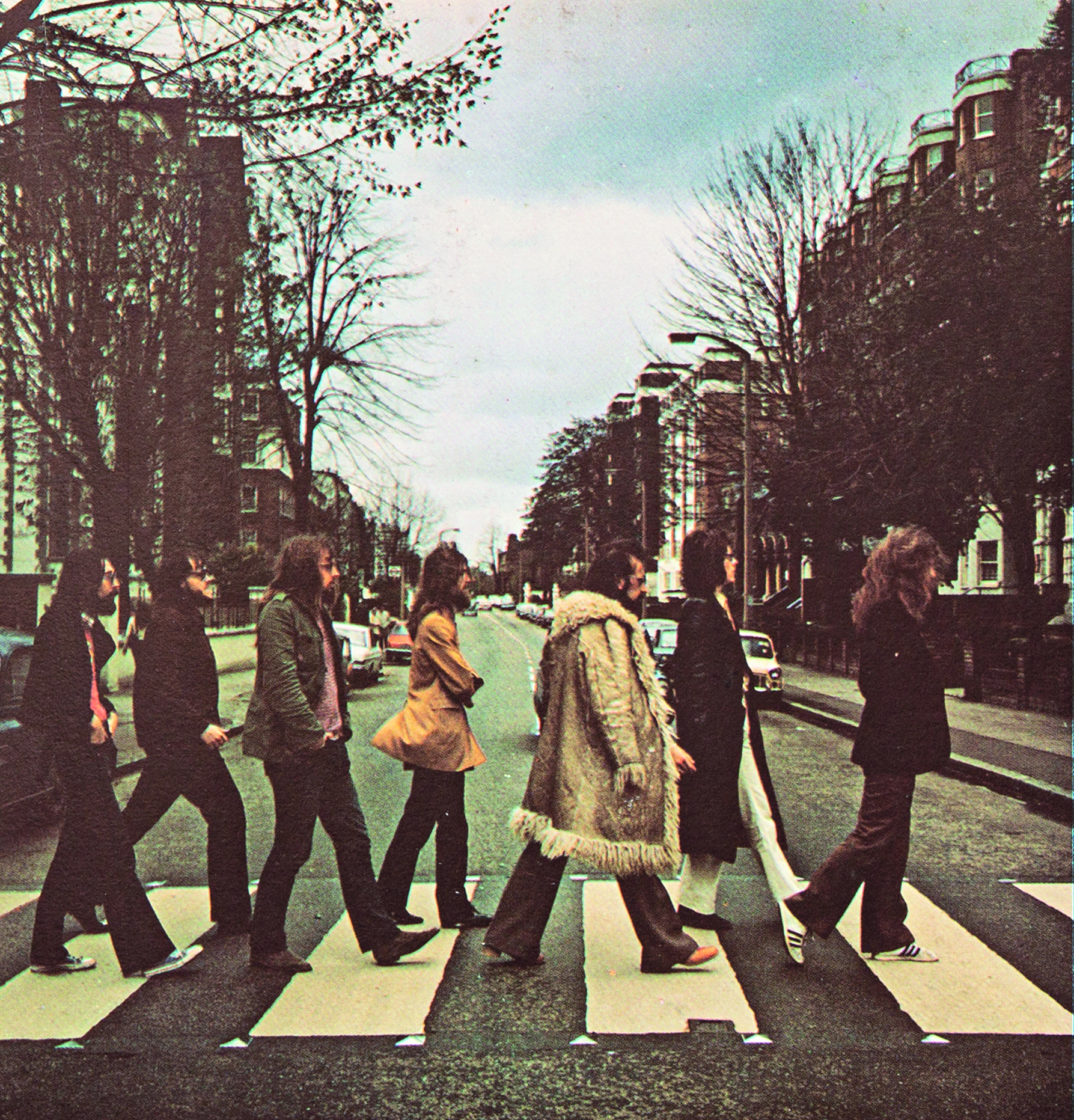
What happened when the band stopped?
I described that earlier. Detlev continued with a new lineup later on, but the original formation ended in 1972. We couldn’t continue, and I stepped out… as mentioned above.
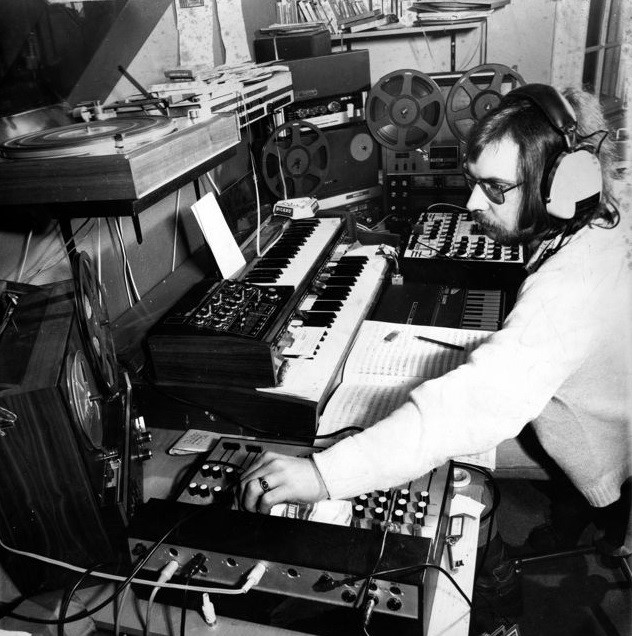
What was it like to work with Wolfgang Dauner? You played bass, right?
Wolfgang Dauner was a pivotal encounter for me at that time. He discovered me in a studio where I was temporarily filling in on bass. Wolfgang was looking for a bassist for his trio and his group, Wolfgang Dauner’s Et Cetera. It was in 1972, and I was still with Eulenspygel. Wolfgang, being 13 years older than me (I was 24 at the time), became my most important mentor and had a significant influence on my musical career. Wolfgang was already experimenting with electronic music back then. He had a huge Synthi 100 at home, a cabinet… It was there that my interest in this new medium began. I learned from him how to work with other media, such as music for radio plays and film. I didn’t learn these things directly from him; I observed him and was always present during these processes. With him, a completely new world of music opened up for me. It was also during this time that my love for the bass emerged. I also started studying composition and double bass around that time, but I was never able to complete the studies. I simply didn’t have enough time, and the program was exclusively focused on classical music, which felt too limiting for me. We had a small television series together for ARD called “Glotzmusik,” but it was canceled after a few episodes because it was considered too critical and engaging.
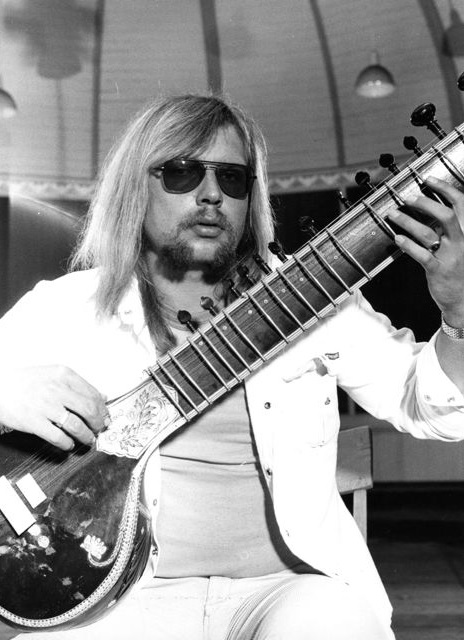
We went on many tours, and I had the opportunity to meet great musicians, including Larry Coryell, John Hiseman (Colosseum), Volker Kriegel, Wolfgang Mangelsdorff, and others. In summary, those were my formative years of learning and growth in music.
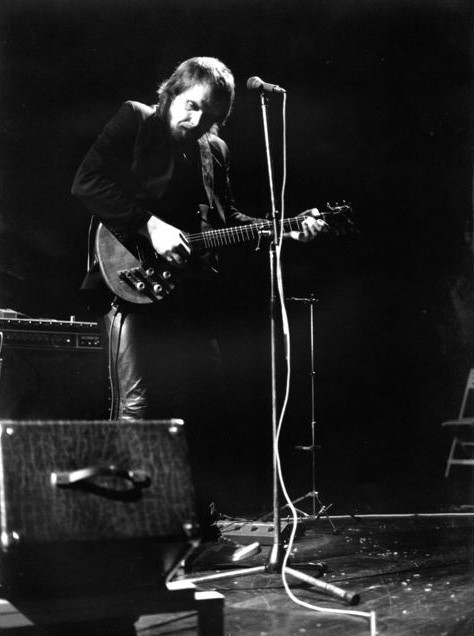
You also played on several other projects, including Peter Rübsam Group, Dietmar Schönherr, Matthias Thurow’s Panmusion Orchestra, Turo’s Tutti. Please tell us about those collaborations.
Peter Rübsam was a nice project organized by the record company at that time. We played with a bagpipe player, which wasn’t easy due to the challenging intonation. I was close friends with Dietmar Schönherr, a famous actor in the German-speaking world, from 1978 until his death in 2014. We met during an audio drama production and then spent a lot of time together in the 1980s, actively involved in the peace movement at that time. He would read texts, and I would provide the music. Panmusion Orchestra was a project I did together with my friend Werner Pawlok, who is a photographer. Turo’s Tutti was actually my first German-language project in the early 1980s.
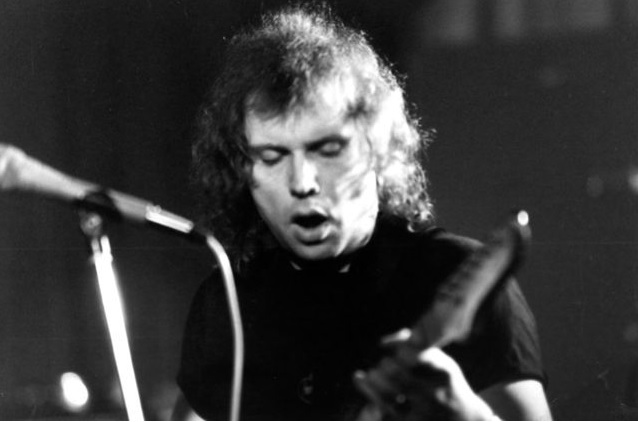
The lyrics were written by Volker Kühn, whom I got to know and appreciate through several audio drama projects and a film production. At that time, I was touring Germany with my own band, performing at various clubs and festivals, including the iconic Onkel Pö. It was a beautiful and exciting time!
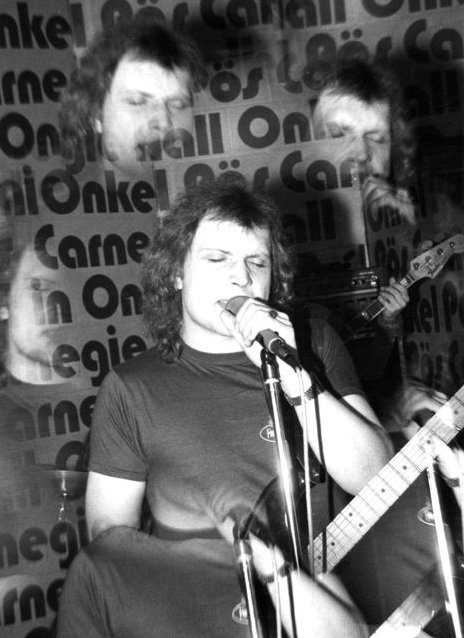
How did you get interested in computer synthesisers?
As I mentioned, I came into contact with the first synthesizers through Dauner, and I then delved into computer-acoustic work while setting up my first larger studio. I started with a Fairlight and quickly switched to the PPG system. During this time, two albums were created: ‘Cornucopia’ in 1986 and ‘Melancholia’ in 1988. I was frequently in the USA during this period, particularly in New York. One day, I saw my albums at Tower Records, and oh, I was so proud.
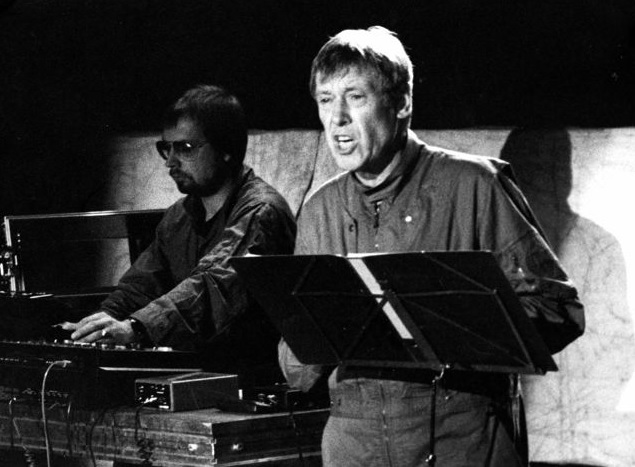
Would love it if you could tell us about projects that later occupied your life.
From the 1980s I was mainly occupied with commissioned compositions. I accompanied a lot of plays with music, and also wrote music for over 120 radio plays. In 1987 my first opera GAS premiered at the opera in Würzburg. In 1991 my opera for children “The Forgotten Door” premiered at the municipal theater in Münster. In 2000, “Der Weisse Wolf” had its world premiere at the Staatstheater Stuttgart. 6 ballet pieces were also written during this time. In the period that followed, more than 80 scores for films and television series. In the mid 90’s I moved to Italy, it was a big effort to move my studio… but it was worth it. I could list many more small projects, but that would actually go beyond the scope here.
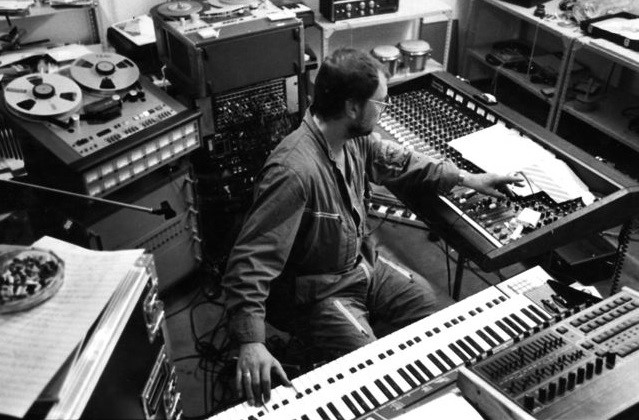
Looking back, what was the highlight of your time in the band? Which songs are you most proud of? Where and when was your most memorable gig?
The highlight was definitely the time in London at the Apple Studios of the Beatles, the experience of recording, the intense work. Ringo even dropped by, as he was running a film company on the top floor at that time. It was all very exciting during that time. Apple Records even wanted to release a song and promote it internationally, but it failed due to our then-record company. They wanted to see immediate payment for it… unbelievable. I am very proud of the over 22-minute-long track ‘Abfall’ (trash) which was the A-side of the ‘Ausschuss’ LP. We played the highly complex music in one continuous take, uncut… it was truly amazing! As I mentioned before, I will never forget the concert in Cologne at WDR with the mishap I described.
Is there any unreleased material by Eulenspygel or any related project you were part of?
No, not that I’m aware of. All projects have been completed, and I don’t think there is any unreleased material. The latest was the English version of ‘Ausschuss,’ which remained hidden for 50 years, and I’m very excited that this version is now available on vinyl with a lovingly designed cover through Longhair Records! Big hug!
What currently occupies your life?
I have been living in Germany again for ten years and I’m striving to take life at a slower pace. I have withdrawn myself from the hustle and bustle of commissioned work. I am delighted that a children’s musical I composed will be performed in Zurich this year. Aside from that, I spend a lot of time on the golf course!
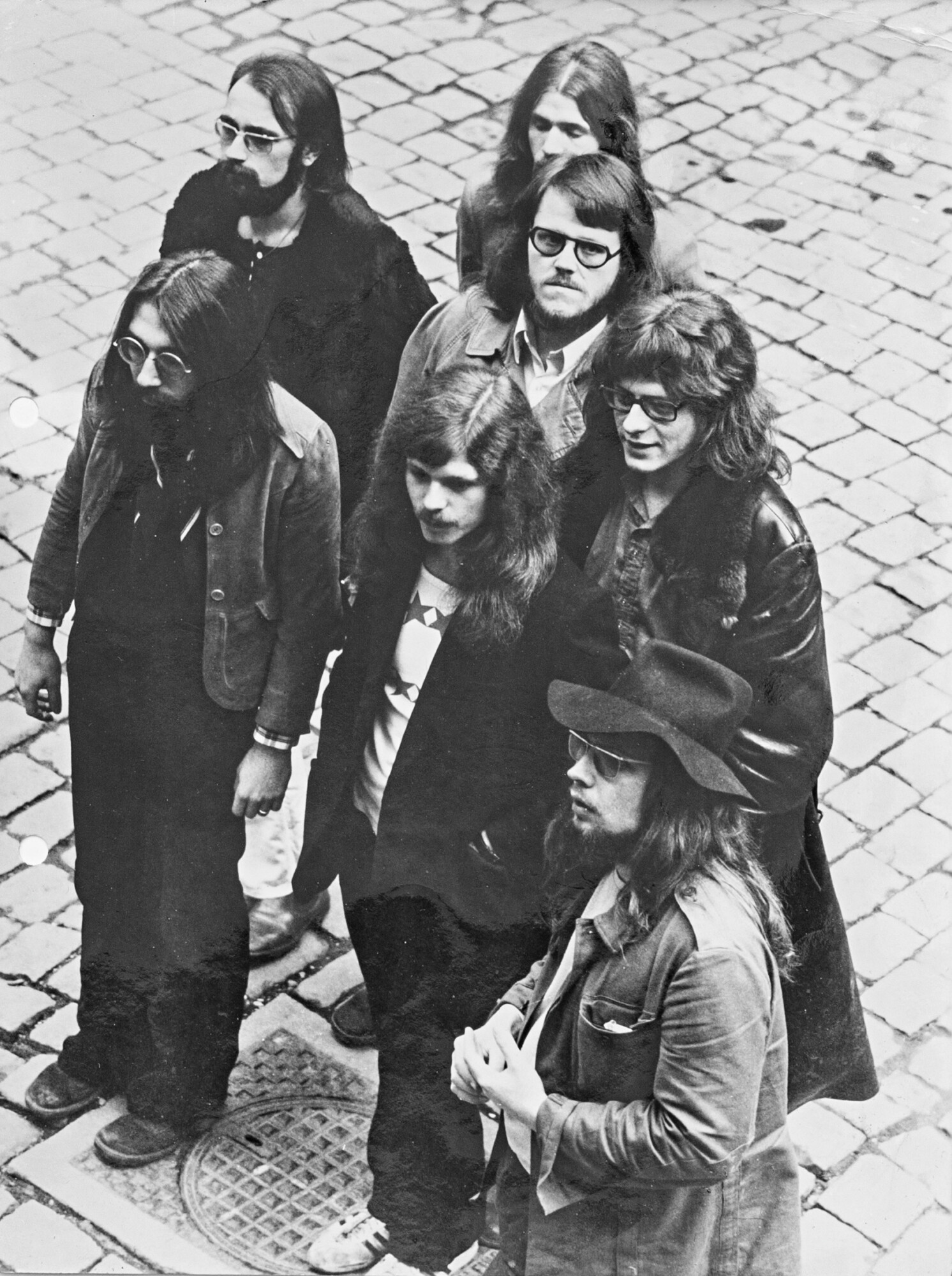
Thank you for taking your time. Last word is yours.
Thank you, Klemen, I have never had to delve so deeply into my past in the context of an interview. It was fascinating and exciting! Thank you very much!
Klemen Breznikar
Headline photo: Eulenspygel (1971)
Matthias Thurow Official Website / Instagram

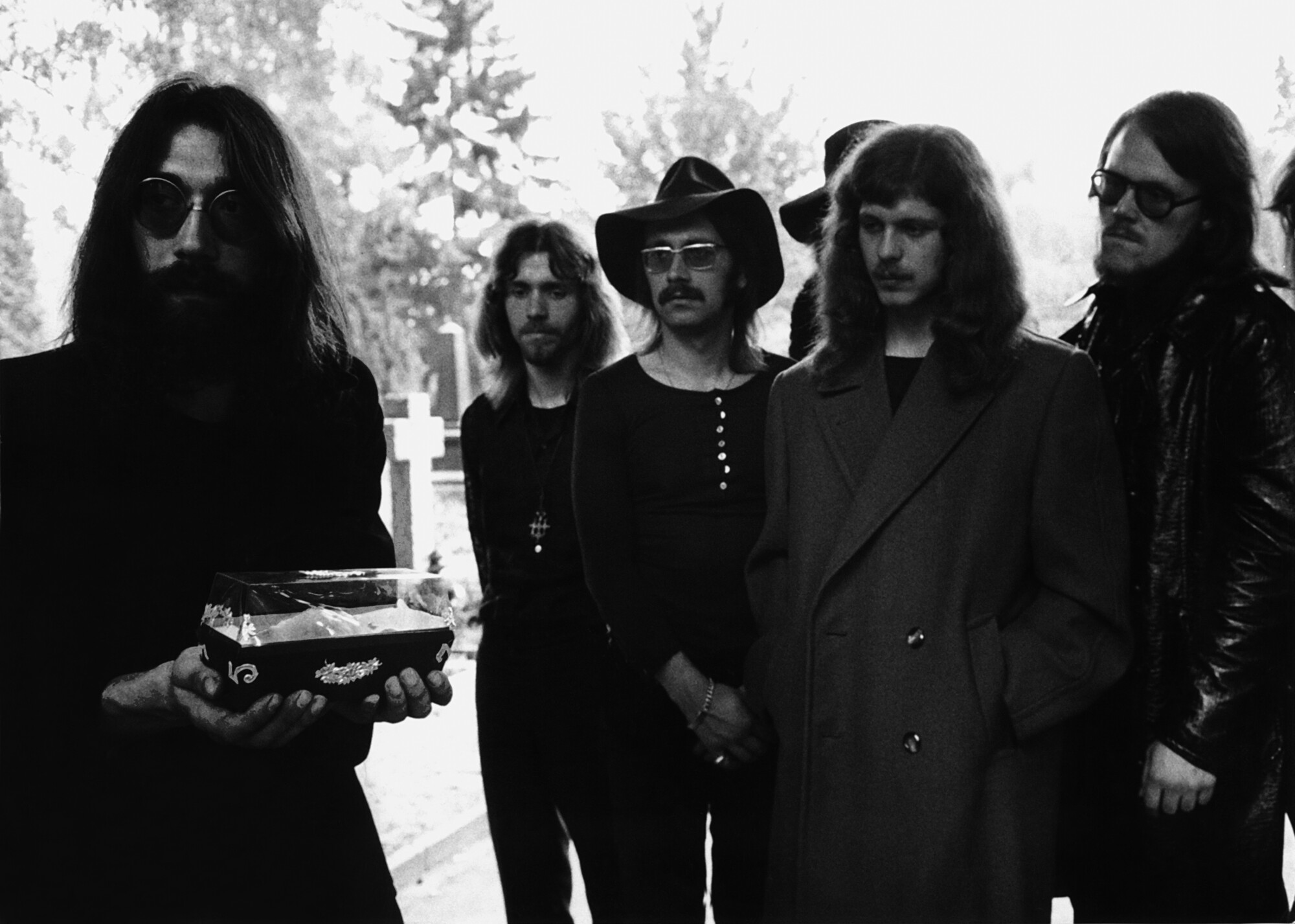


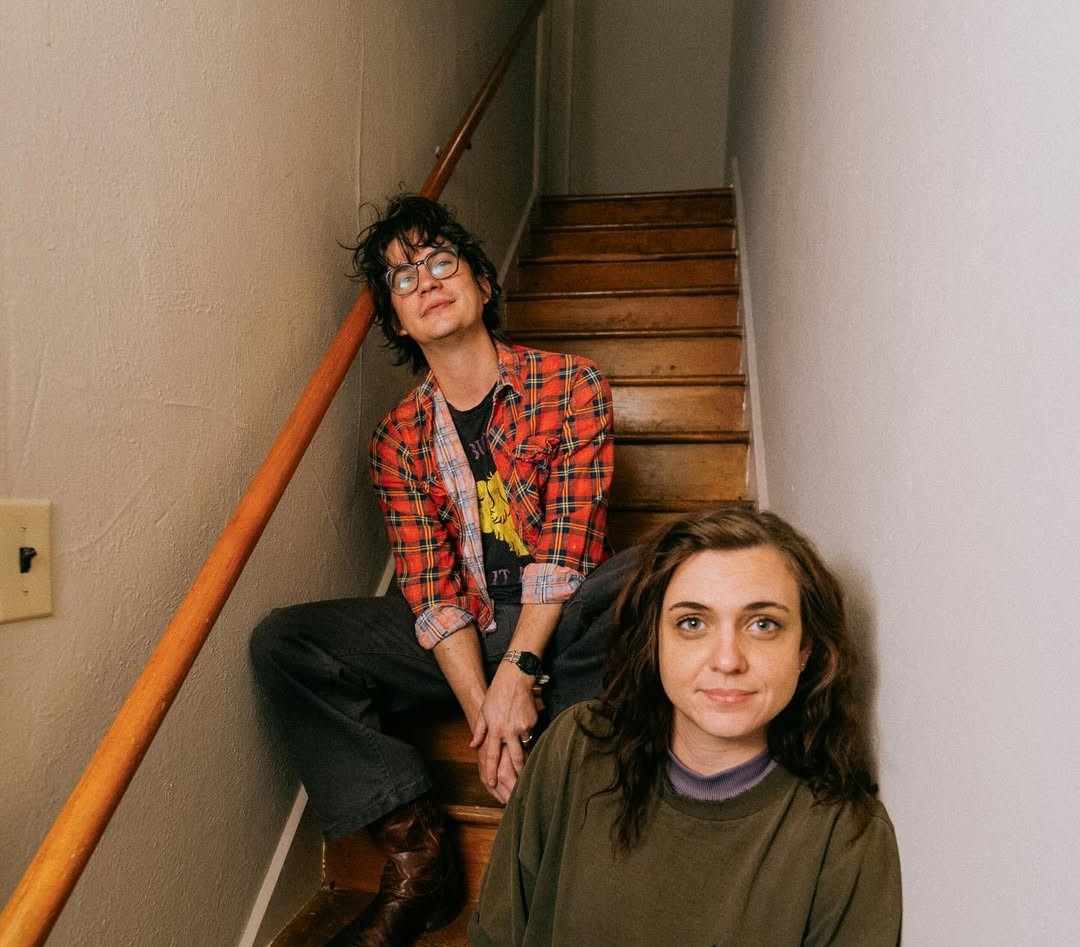
What a fantastic insight of the german jazz rock psychedelic art music in the seventies and later !!
ThanXs to Matthias Thurow for a very interesting and honest interview !